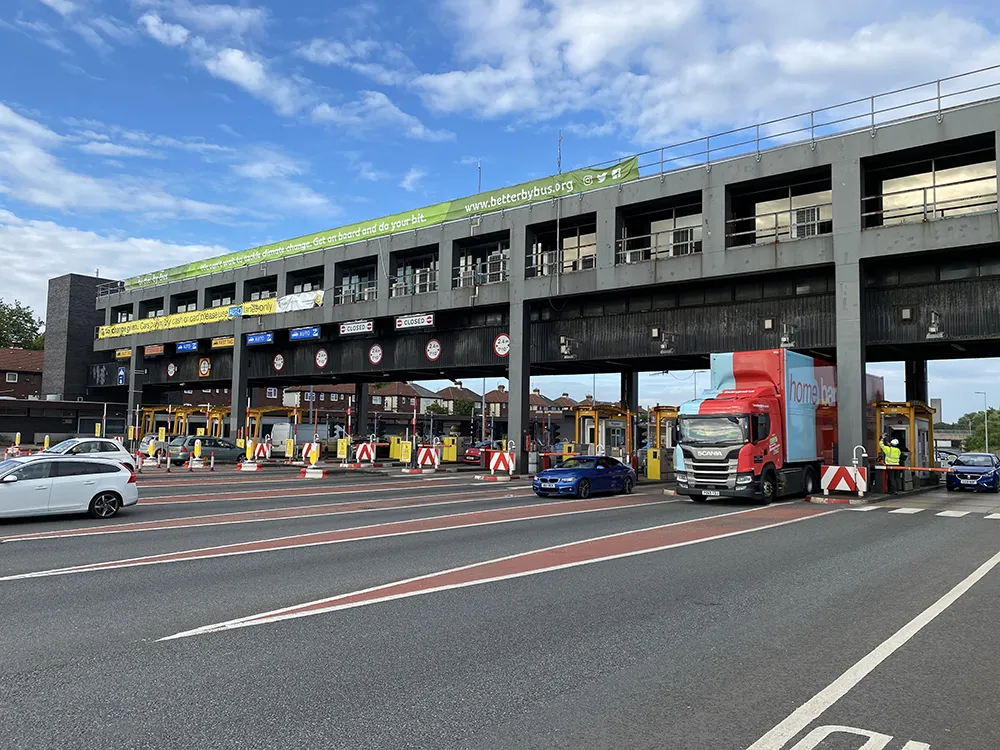Cale Group’s newest subsidiary, Cale America, has been selected by the Public Parking Authority of Pittsburgh (PPAP) to upgrade its parking meter system. The new programme will introduce pay-by-license plate technology which Cale has successfully implemented in cities such as Calgary in Canada, and Amsterdam in the Netherlands. Customers will enter their vehicle license plate number at a solar-charged multi-space meter and the company’s system will inform parking enforcement staff which vehicles are paid in
June 11, 2012
Read time: 2 mins
“We selected the vendor that offered the most advantageous product on the best terms,” said David Onorato, executive director for the PPAP. “Cale demonstrated that it can not only provide the right technology, but they also have an excellent track record of implementing successful parking programs throughout the US, Canada and Europe. Their thorough approach and commitment to local project support is refreshing and gives us great confidence that Pittsburgh will have one of the best parking programs in the world.” Onorato also stated that motorists should start seeing the new multi-space meters in July and August.
Cale is a global company, headquartered in Kista, Sweden, offering products and services within unattended payment. Cale America, based in Tampa, Florida, it its newest subsidiary with more than 11,000 meters installed in over 125 cities throughout the US.









